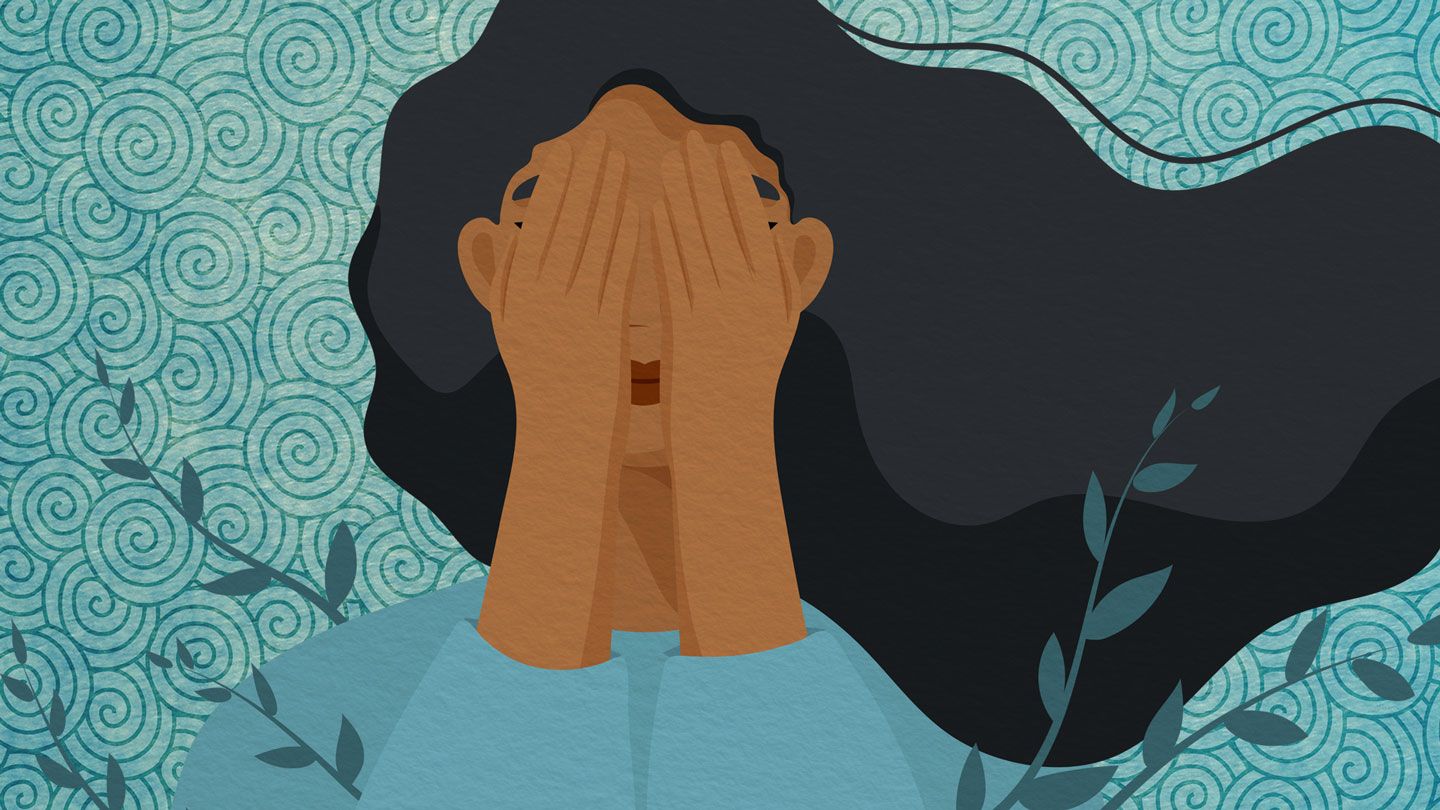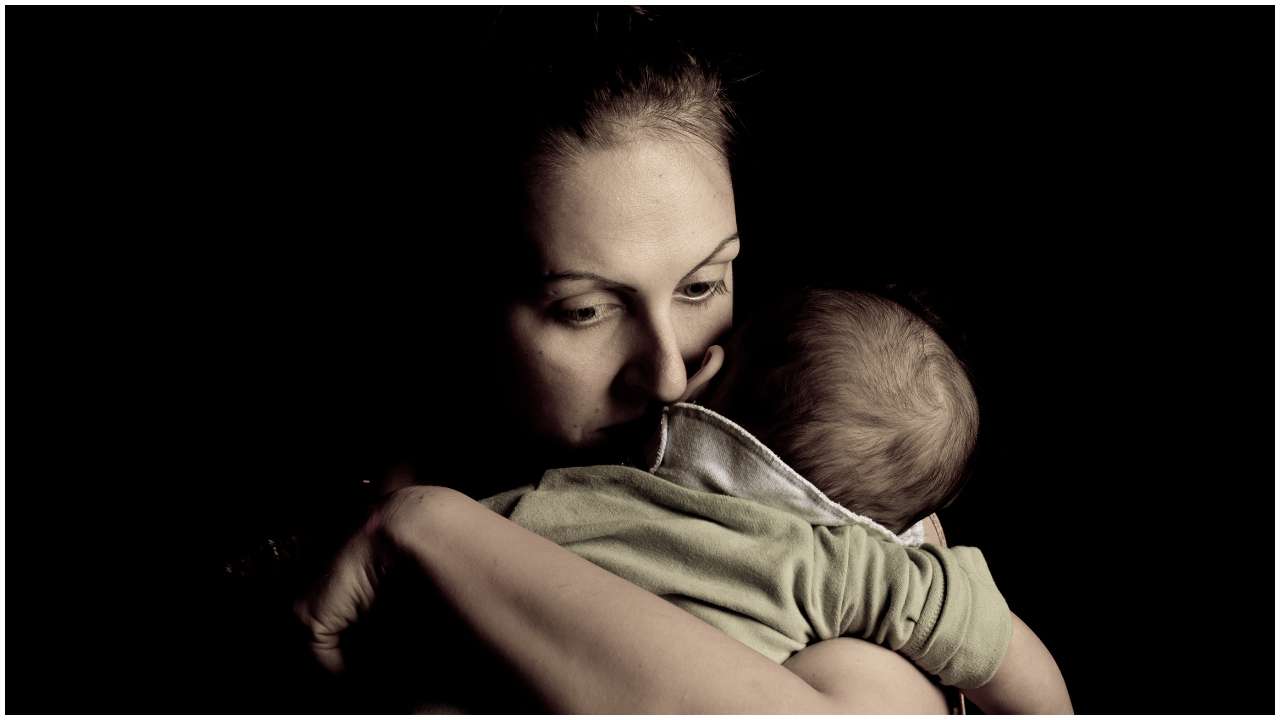A Quick Guide
Postpartum depression affects up to one in seven women worldwide. Another name commonly used to describe this psychological state of low mood after childbirth is ‘baby blues‘. However, baby blues are different. It has a shorter duration, mild symptoms, and low impact on daily functioning. It may or may not transform into postpartum depression. Usually, it resolves within 10 days. Yet, if it persists it is essential that women should undergo screening for depression, bipolar disorder, suicidal risk, and postpartum psychosis during and after pregnancy. Accordingly, if active symptoms are present, they should seek postpartum depression treatment immediately for both the well-being of the mother and the baby.
Postpartum depression screening
Before going for postpartum depression treatment, the first step is to identify which symptoms you have and their level of severity. Usually, psychiatrists, physicians, and mental health professionals employ the following self-rating tools for this purpose:
- Edinburgh postnatal depression scale
- Patient health questionnaire
- Postpartum depression screening scale
You may try to fill these instruments or ask your healthcare provider for them. If your symptoms are more than normal, consider going for a psychiatric evaluation which includes giving your personal history, psychiatric history, and family psychiatric history. So that the specialist can devise an individualized postpartum depression treatment plan.
Postpartum depression treatment options
If you think you are suffering from postpartum depression, consider seeking help from available resources. A few of such postpartum depression help sources are stated as follows:
- See if home health visits by your physician, psychiatrist, social worker, or mental health professional are possible
- Telephone-based peer support from other women with postpartum depression can be beneficial.
- Seek help from a mental health professional if you have experienced a traumatic delivery. Moreover, psychotherapy by a trained mental health professional can be helpful in regulating symptoms of depression. For example, cognitive behavior therapy has been found to be the most effective therapeutic modality for such women.
- Finally, medication is also useful during pregnancy. For example, escitalopram, citalopram, and sertraline are some options. However, ask your physician to tell you about medication that is safe for you to take during pregnancy and afterward. Similarly, you are advised caution with regard to certain medicines if you are breastfeeding. Thus, it is best that you do not self-medicate but consult a professional’s opinion.
- If the symptoms are highly severe and include risky behavior, active suicidal thoughts, and thoughts about harming the baby, seeking immediate hospitalization should be the course of action. Here, the mother may have psychotic symptoms as well which require a different line of treatment. For example, antipsychotics, electro-convulsive therapy, and hospitalization. Furthermore, the treatment may continue for 6 months or more even after the remission period is achieved.
- For some people, a combination of pharmacological and psychotherapeutic treatment is highly beneficial.
Watch: [Treatments for Postpartum Depression]
We hope the above article was useful for you in understanding postpartum depression treatment and screening options.



 Postpartum depression screening: How to know you have baby blues?
Postpartum depression screening: How to know you have baby blues?  Symptoms of depression in women: How to know if you are depressed
Symptoms of depression in women: How to know if you are depressed  Postpartum depression: Signs, Causes, Prevalence & Treatment
Postpartum depression: Signs, Causes, Prevalence & Treatment